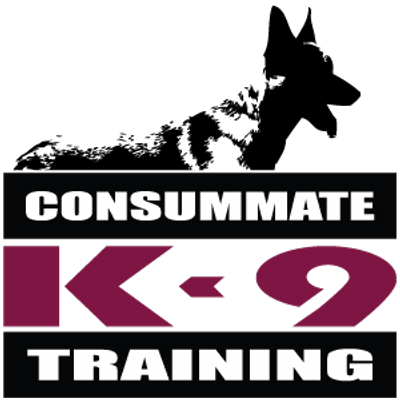What does it mean to be a responsible pet owner? Keeping your pet healthy and happy? Assuring they have a warm home and loving family? Yes! However there are other things to consider when owning a pet. The Coalition for Living Safely with Dogs lists five key points for being a responsible pet owner. These five points are: selection, identification, socialization, sterilization, and supervision.
Selection:
Before you get a dog, be sure to ask yourself if you have enough time to care for him or her. Do you have the time to housebreak a new puppy? Do you have enough money for proper care, food, vet costs? Is everyone in the house ready for the same commitment? Have you researched the specific breed?
Choosing a dog can be a drawn out process, but it is worth taking your time. If you are rescuing, try to gather as much background information about the dog as possible. Some shelters know very little about the dogs turned into them, others have extensive backgrounds. Spend time with the dog before bringing them home. Have all family members, including other pets, meet the dog in a neutral place. If you are working with a breeder, ask to meet the parents. Do research about reputable breeders and the proper questions to ask a breeder.
Identification:
Proper identification can be crucial to being reunited with your pet if they are ever lost. Be sure to keep all I.D. tags or micro-chip information up-to-date. If your pet is not micro-chipped, make sure their identification tags are clearly visible and on them at all times. Even the most well-trained pets can get loose from time to time.
Socialization:
Socialization is one of the most important things you can do for your pet. You are encouraged to take your pet places with you, expose them to new people, places, and noises. Let them experience the world beginning even at a young age. Socialization can help you prevent aggressive or unwanted behaviors in the future. Obedience classes are a great way to socialize your dog under professional supervision. Once you know your pet is social, you can try taking them to dog parks or doggie daycare facilities. A social dog will be able to adapt to new situations and will also form a greater bond with you.
Sterilization:
If you do not plan on breeding your pet, spay or neuter them. Keeping your pet in tact for any other reason can cause more harm than good. Spayed females are less likely to get cancer or uterine infections. Neutered males are less likely to develop enlarged prostate glands and testicular cancer.
Spaying and neutering can also help alter a dog's behavior. Often it can help calm a dog and prevent further aggression. "Unneutered dogs are 2.6 times more likely to bite than neutered dogs." (Gershman KA Sacks JJ Wright JC. "Which Dogs Bite?: A Case-Control Study of Risk Factors," Pediatrics 1994)
Supervision
Responsible pet owners should always provide a cool or warm, safe, and healthy environment for their dog. No dog should ever be chained or left tied up outdoors. Pets can be safe and contained in proper outdoor shelters with access to food and water. Even when indoors, pets should earn their freedom. If they have not earned their freedom, keep them in a crate when not at home to prevent destructive chewing or possible harm.
Always supervise your pet when they are meeting new people or playing with children. Learn your pet's body language and know how to properly handle your pet in all situations.
By keeping these five steps in mind, you are well on your way to being a responsible pet owner. Being a responsible owner is a large job. Pets are helpless and rely on us 100% to care for them day to day. In return, you will receive unconditional love. It's not a bad trade!
